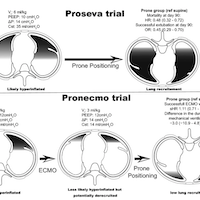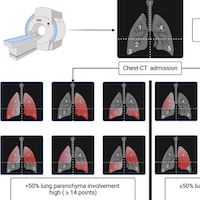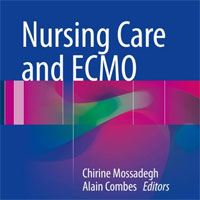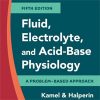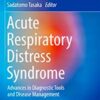Genetic Mechanisms of Critical Illness in COVID-19
nature.com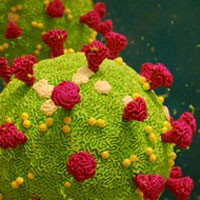
Host-mediated lung inflammation is present, and drives mortality, in critical illness caused by COVID-19. Host genetic variants associated with critical illness may identify mechanistic targets for therapeutic development.
Here we report the results of the GenOMICC (Genetics Of Mortality In Critical Care) genome-wide association study (GWAS) in 2,244 critically ill COVID-19 patients from 208 UK intensive care units (ICUs).
We identify and replicate novel genome-wide significant associations, on chr12q24.13 (rs10735079, p=1.65 × 10-8) in a gene cluster encoding antiviral restriction enzyme activators (OAS1, OAS2, OAS3), on chr19p13.2 (rs2109069, p=2.3 × 10-12) near the gene encoding tyrosine kinase 2 (TYK2), on chr19p13.3 (rs2109069, p=3.98 × 10-12) within the gene encoding dipeptidyl peptidase 9 (DPP9), and on chr21q22.1 (rs2236757, p=4.99 × 10-8) in the interferon receptor gene IFNAR2.
We identify potential targets for repurposing of licensed medications: using Mendelian randomisation we found evidence in support of a causal link from low expression of IFNAR2, and high expression of TYK2, to life-threatening disease; transcriptome-wide association in lung tissue revealed that high expression of the monocyte/macrophage chemotactic receptor CCR2 is associated with severe COVID-19.

